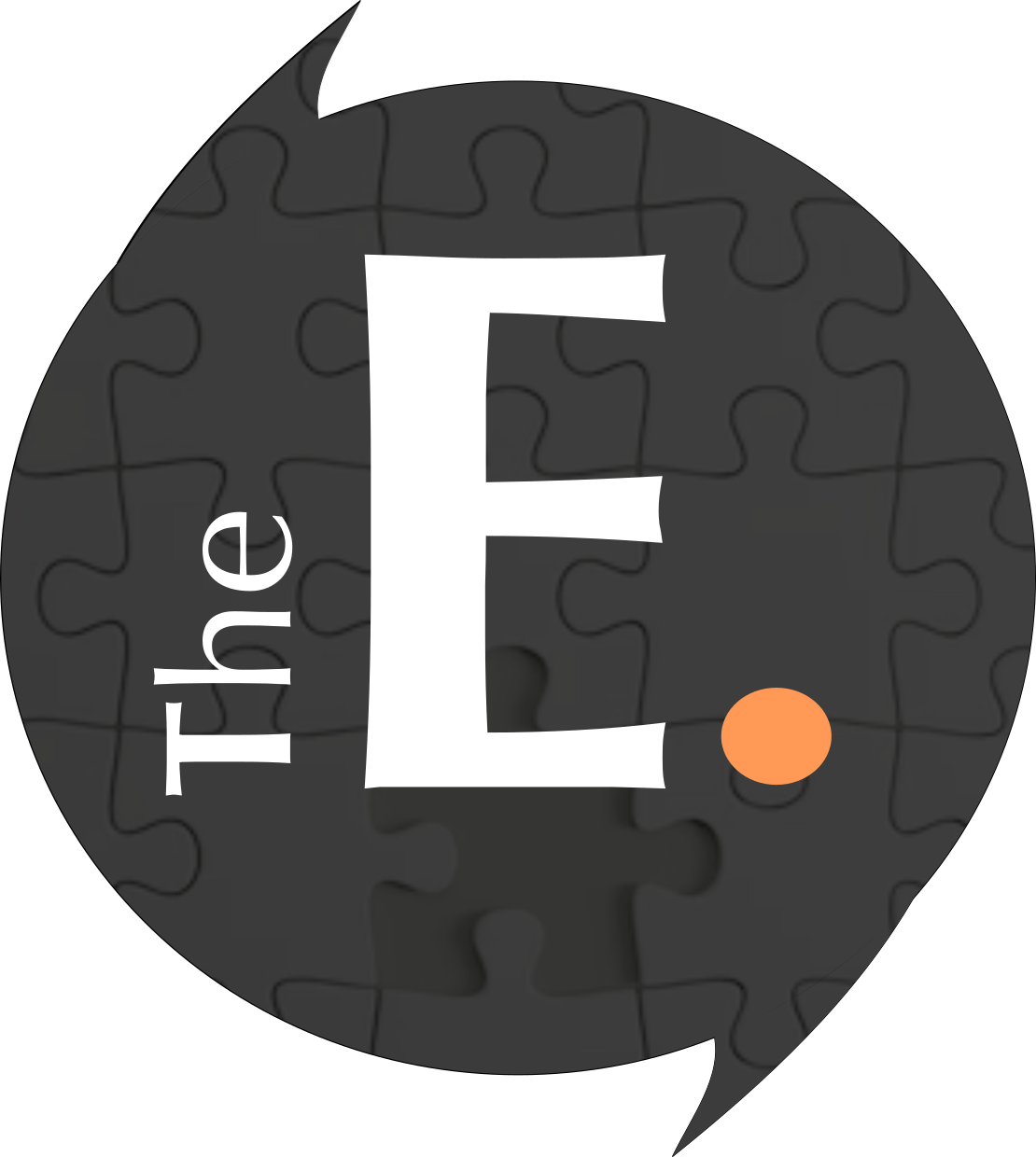Improvisation tools for Science Communication
Improv is an unscripted performance involving actions and dialogues that are created in the moment. These performances usually depict everyday situations where reactions may be amplified for audiences.
Now, why do scientists or science communicators need Improv tools, you ask?
If you look closely, you can find many interesting similarities between a scientist and an improv artist. Both work on unique ideas never conceived before, often find themselves in situations where they must think fast on their feet, and likely enjoy collaborating.
We recognize these similarities and offer Improv workshops tailored for scientists and science communicators. In our sessions, we introduce you to the basic tools of improv and demonstrate their use to think creatively, mask nervousness, and communicate effectively.
Stimulating creative thinking: Creative thinking is essential for overcoming research roadblocks. Improv promotes a mindset of exploring multiple possibilities, embracing creativity, and thinking outside the box. The fundamental skill of 'discovering the game' in improv assists in recognizing patterns within problems to find effective solutions.
Masking your nervousness: A major part of a scientist's life is presenting their research to an intelligent audience, and everyone gets anxious about it. Improv tools assist in having a presence of mind, shaping body language, and arranging one's thoughts clearly to overcome that initial stage fright.
Effective communication: An essential part of effective communication is to engage your audience. One way to do that is to become mindful of their interests. Improv exercises shape our minds to listen, react, and think fast on our feet— all of which foster audience involvement. These skills enhance scientists’ ability to connect with their audience, making complex concepts more accessible and relatable.
Building the idea of team spirit: Just like scientific research, many improv scenes involve collaboration and teamwork. Participants learn to support and build upon each other's ideas, fostering a sense of camaraderie and cooperation that can be valuable in group dynamics. Engaging in the ideals of improv: Yes-And and Having one's back can make scientists more open to their colleagues and more willing to share their work pressures.
We conduct three kinds of Improv workshops for scientists, science communicators, and students: I. Unleashing Creativity, II. Know your Audience, and III. Storyboarding Your Science.
Contact us to schedule an Improv for Scientists session at your institute.

